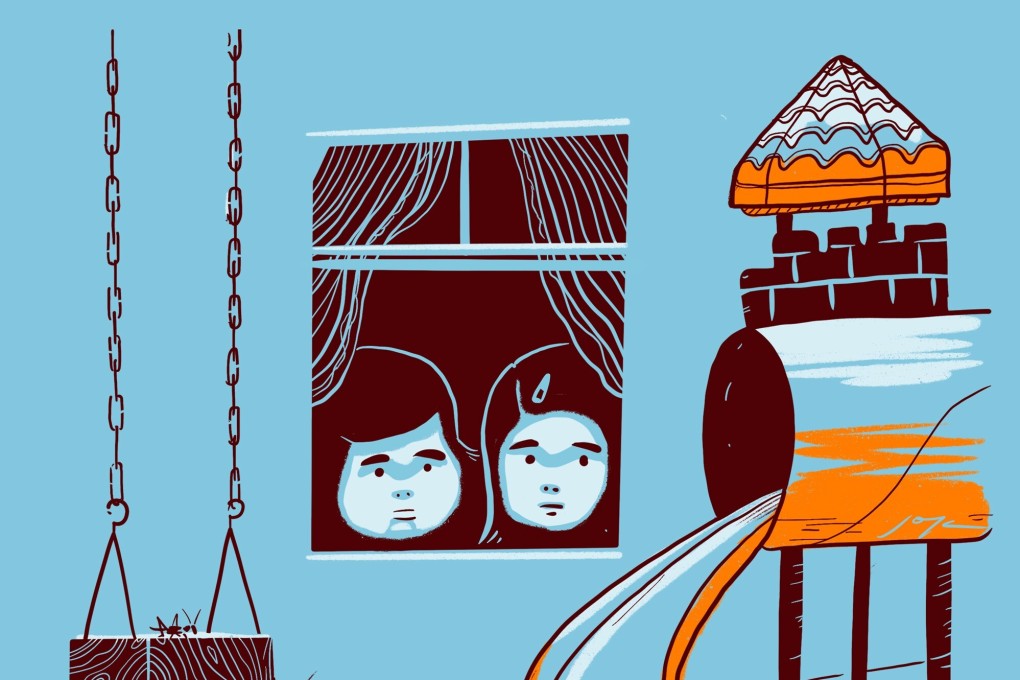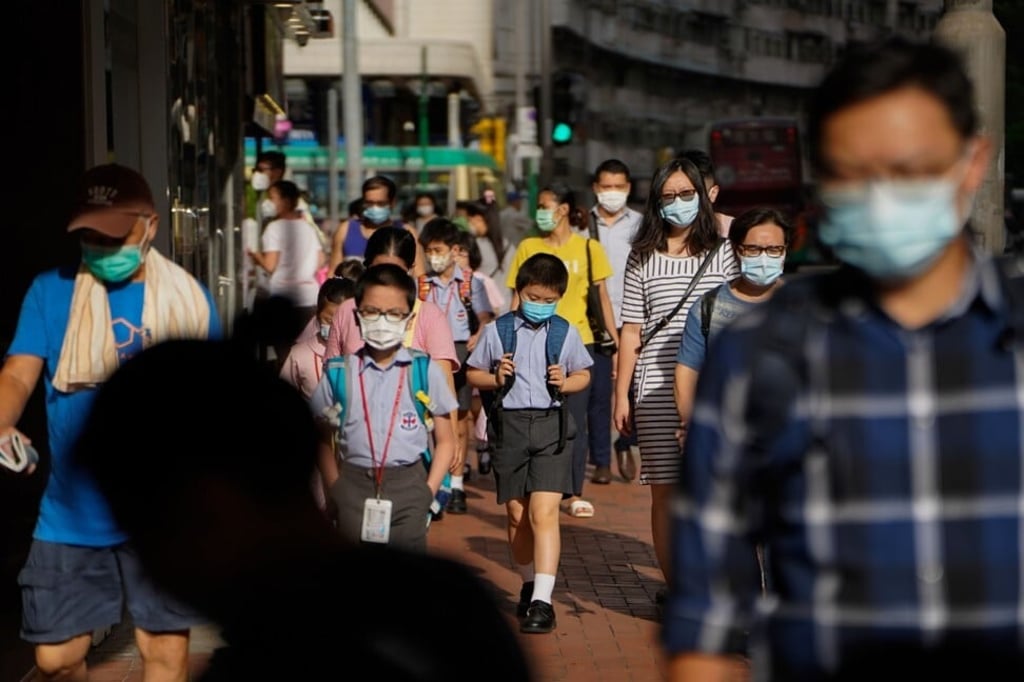Advertisement
The Naked Truth | How to help your child cope amid the coronavirus pandemic: spend more time with them, use social media less – and find ways to laugh every day
- The coronavirus pandemic has had a negative impact on children in many ways and parents need to do what we can to help them cope
- Use the opportunity to spend more time together, whether that’s through watching movies at home, cooking together, or going on hikes
Reading Time:4 minutes
Why you can trust SCMP

Children are more resilient than we give them credit for, but we still need to teach them how to manage challenges like the one we have all been facing over the past year.
The Covid-19 pandemic has had a negative impact on children in many ways. It has been hard for them (and their parents) to live without a structured school life, which can provide them with a support system. It has led to reduced social interaction with their friends and peers, a loss of familiarity, and the absence of a daily routine.
All these things combined are highly detrimental to a child’s emotional and psychological well-being, so we need to do what we can to help them cope.
Advertisement
Dr Quratulain Zaidi, a Hong Kong-based clinical psychologist, notes that the umbrella of anxiety disorders constitute the most common mental illness. In the United States alone, it affects one in eight children. Research in this area shows that untreated children are at higher risk of performing poorly in school, missing out on important social experiences and engaging in substance abuse.

Advertisement
Unfortunately, she adds, anxiety disorders tend to coexist with other disorders such as depression, eating disorders and attention deficit hyperactivity disorder (ADHD).
Advertisement
Select Voice
Select Speed
1.00x
